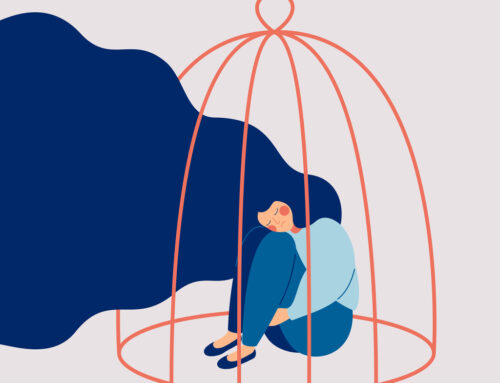What is sexually transmitted debt?
Sexually transmitted debt is where you can become responsible for your partner’s debt on the breakdown of a relationship.
It is not uncommon, following the breakdown of a relationship, for one party to be in the dark about what the debts are or how much they are.
Prevention is better than cure
In most cases it is easier to stop something happening in the first place than to repair the damage after it has happened. If you have concerns about your partner’s financial responsibility here are some handy tips to prevent or reduce sexually transmitted debt:
- Have the talk! It may seem unromantic but it is essential to know what you are getting into. Be open and frank about your financial positions and credit histories. Do you share the same goals financially? Do you have the same attitude towards spending and debt?
- Don’t enter into joint loans unless you understand your obligations and the risks involved;
- Don’t allow secondary use of your credit card and, if you do, check the spending on the card so that it doesn’t get misused;
- Set up utility accounts in joint names so that you are equally responsible for those bills. If you separate, terminate the accounts but make sure you give the other party notice of your intention to do so;
- Make sure loan account redraws can only be accessed if both parties consent;
- If your partner wants you to guarantee loans or business borrowings make sure you have all the information necessary including copies of the company’s financial statements. If someone is not willing to be completely transparent then it’s probably not a good idea to become responsible for those borrowings.
So what if you catch a STD?
We don’t live in an ideal world and there will always be cases where one party finds themselves responsible for another party’s financial irresponsibility. If you find yourself in this position and are arguing that the other party should be responsible for the debt then then you will have to gather evidence to show the Court that:-
- The debt was not incurred to meet reasonable expenses;
- The debt arose as a result of the other party’s reckless, wanton or negligent behaviour;
- The other party incurred the debt with the intention of reducing the assets available for distribution;
- The debt incurred will never have to be repaid, for example where one party is claiming they have borrowed money from friends and family;
- With business debt, look carefully at the overall value of the business including goodwill;
- Keep it in context. It may not be worth spending thousands of dollars going to Court to argue about a small debt. If you do end up in Court make sure your Orders deal adequately with any debt and provide the necessary indemnities moving forward.
If you have any questions about sexually transmitted debt or property matters generally make an appointment with one of our solicitors.






